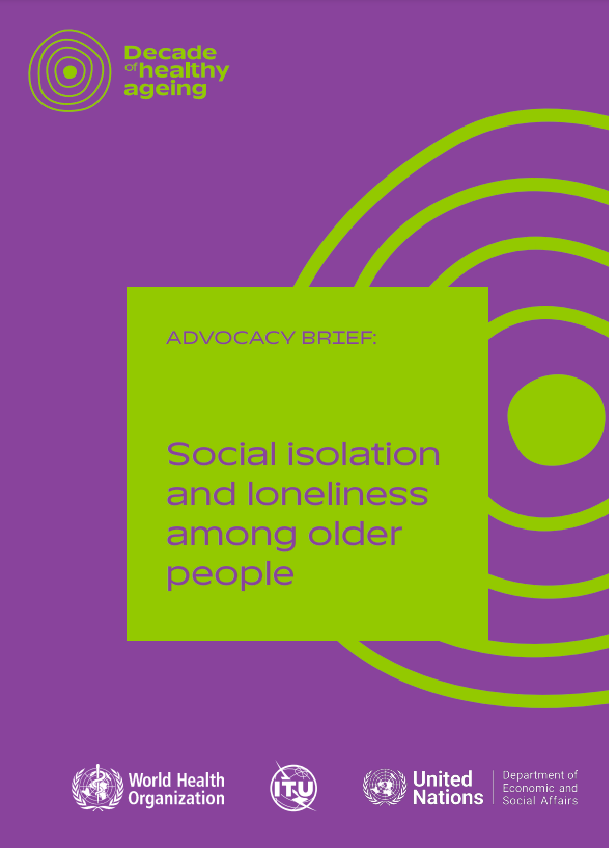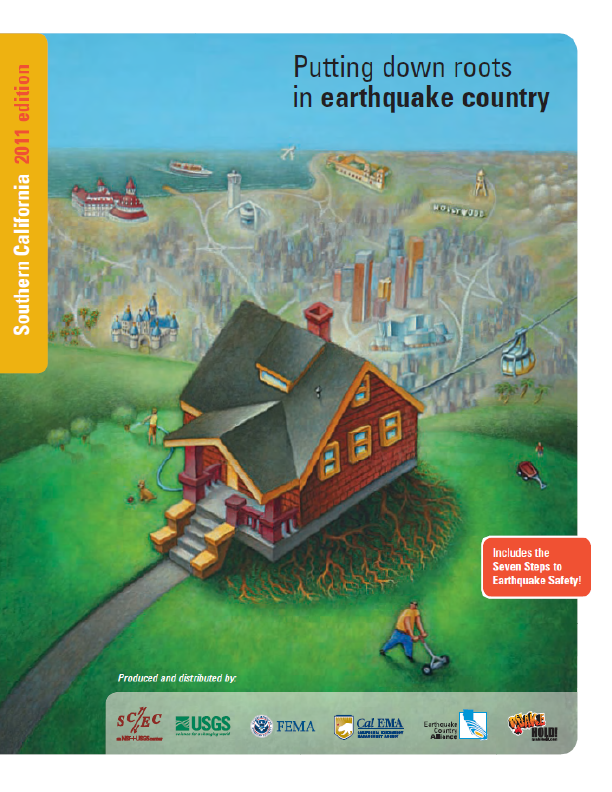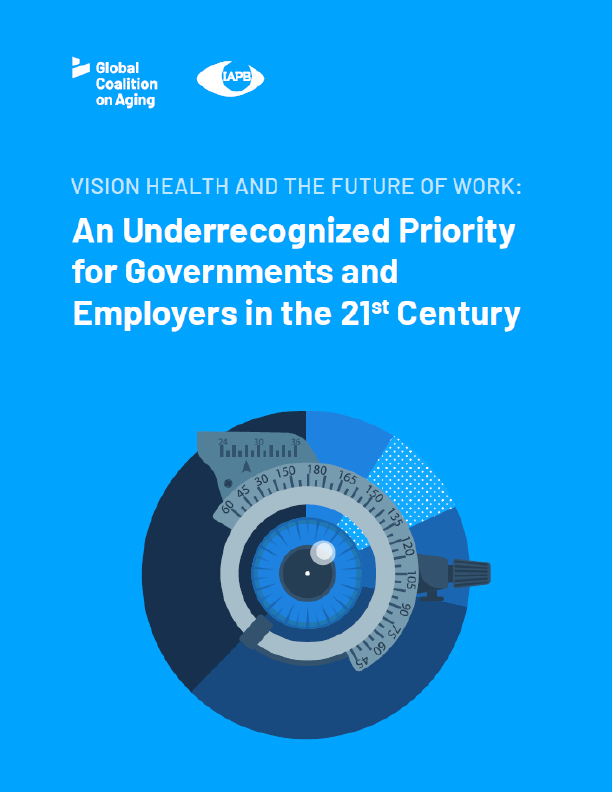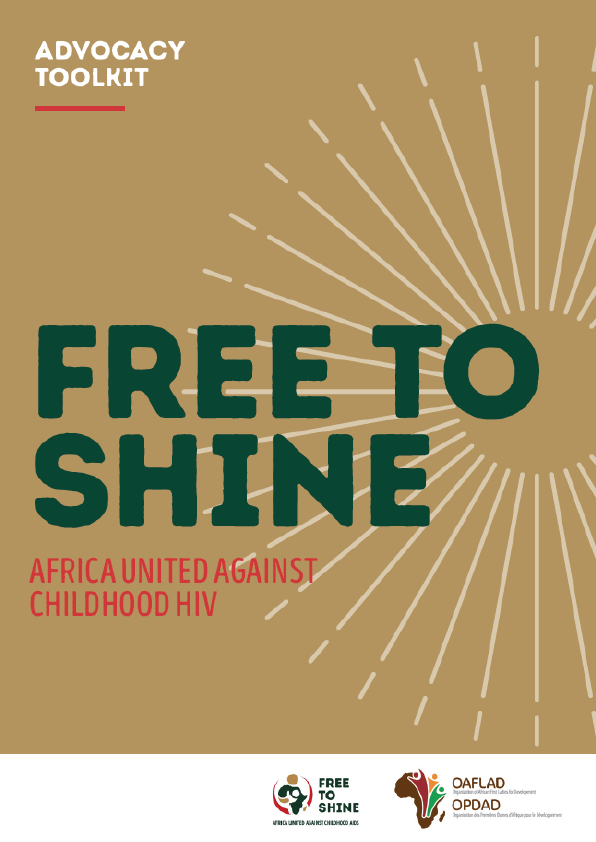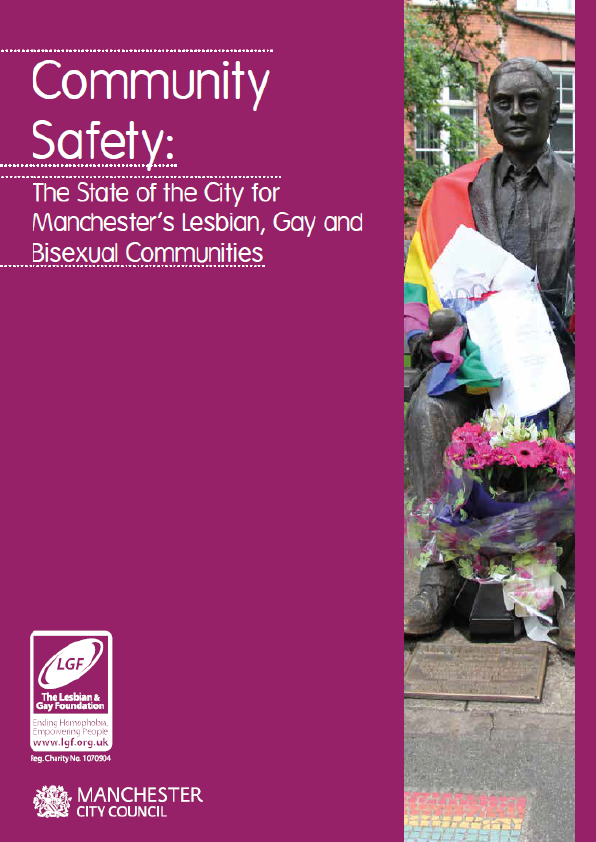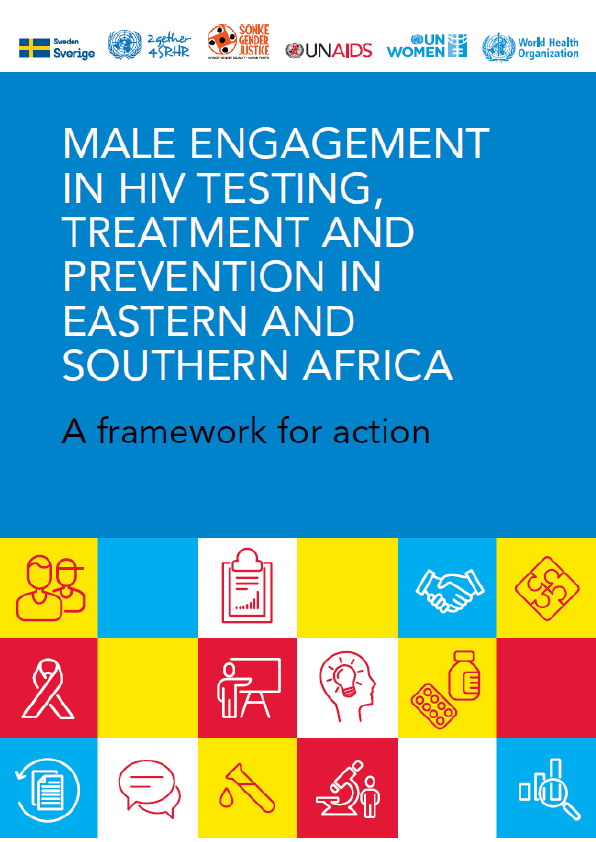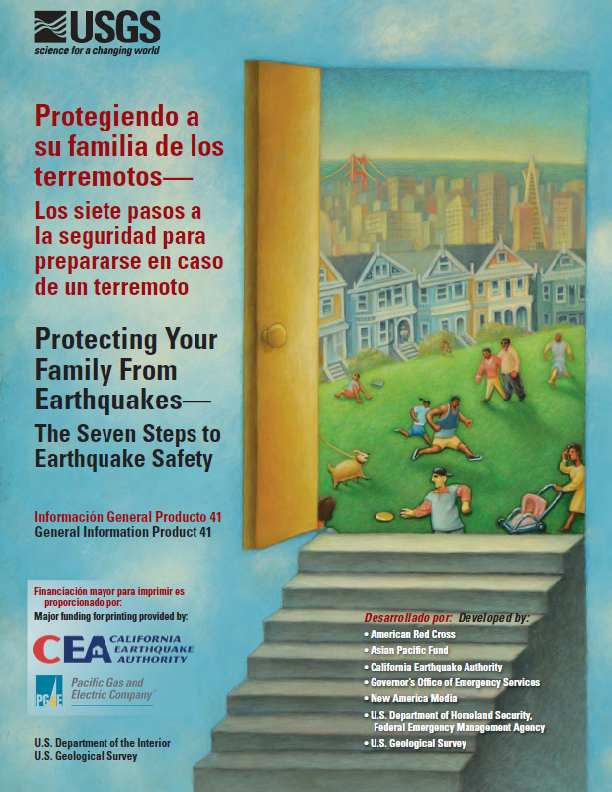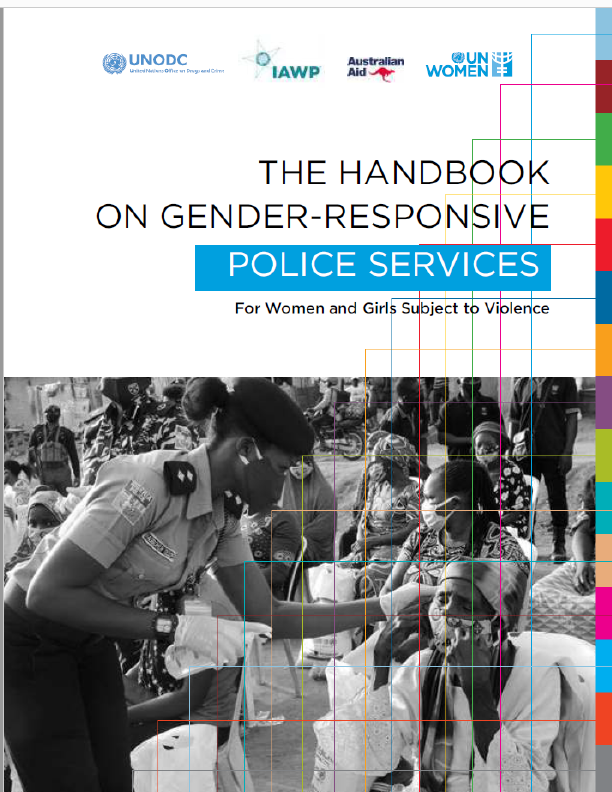- Social isolation and loneliness among older people are growing public health and public policy concerns which have been made more salient by the COVID-19 pandemic.
- Social isolation and loneliness among older people are widespread. For instance, 20–34% of older people in China, Europe, Latin America, and the United States of America are lonely.
- Social isolation and loneliness are harmful. They shorten older people’s lives and damage their mental and physical health and quality of life.
- But they can be reduced:
— Through face-to-face or digital interventions such as cognitive behaviour therapy, social skills training and befriending;
— By improving infrastructure (e.g. transport, digital inclusion, built environment) and promoting age-friendly communities;
— Through laws and policies to address, for instance, ageism, inequality and the digital divide. - A strategy for reducing social isolation and loneliness among older people should aim to:
— Implement and scale-up effective interventions to reduce social isolation and loneliness;
— Improve research and strengthen the evidence for what works; and
— Create a global coalition to increase the political priority of social isolation and loneliness among older people.
Human beings are fundamentally social animals. To have survived for millennia as hunter-gatherers in often harsh environments, individuals depended for their lives on strong bonds with a tightly knit social group. High-quality social connections are essential for our mental and physical health and our well-being – at all ages.
Social isolation and loneliness have serious consequences for longevity, health and well-being. In older age, social isolation and loneliness increase the risks of cardiovascular disease, stroke, diabetes, cognitive decline, dementia, depression, anxiety and suicide. They also shorten lives and reduce the quality of life. Life transitions and disruptive life events (such as retirement; loss of a spouse, partner or friends; migration of children or migration to join children; and disability or loss of mobility), are more likely to affect older people, and put them at particular risk (1, 2).
Until recently, however, social isolation and loneliness, including among older people, were neglected social determinants of health. In some countries, these problems have started to be considered pressing public policy and public health issues. The COVID-19 pandemic and the attendant physical distancing measures have increased the salience of these topics (3–5). For instance, in 2018, the United Kingdom Government appointed a “loneliness minister” and published “A connected society – a strategy for tackling loneliness” (6). In 2021, Japan followed suit, partly in response to the pandemic; the Prime Minister added a “loneliness minister” to his cabinet and created an inter-ministerial task force to address the issue (7). In the United States of America in 2020, the National Academies of Sciences, Engineering and Medicine published a consensus report entitled “Social isolation and loneliness in older adults: opportunities for the health care system”(2). Several windows have opened for international, regional and national policies, described below, to change the way in which social isolation and loneliness are addressed. One of the most prominent is the United Nations Decade of Healthy Ageing 2021–2030 (8), which includes four interconnected action areas for safeguarding the health and well-being of older people, their families and their communities: (i) change how we think, feel and act towards age and ageing; (ii) ensure that communities foster the abilities of older people; (iii) deliver integrated care and primary health services tailored to older people; and (iv) ensure access to long-term care for older people. Although social isolation and loneliness occur throughout the life course, this advocacy brief focuses on older people.
